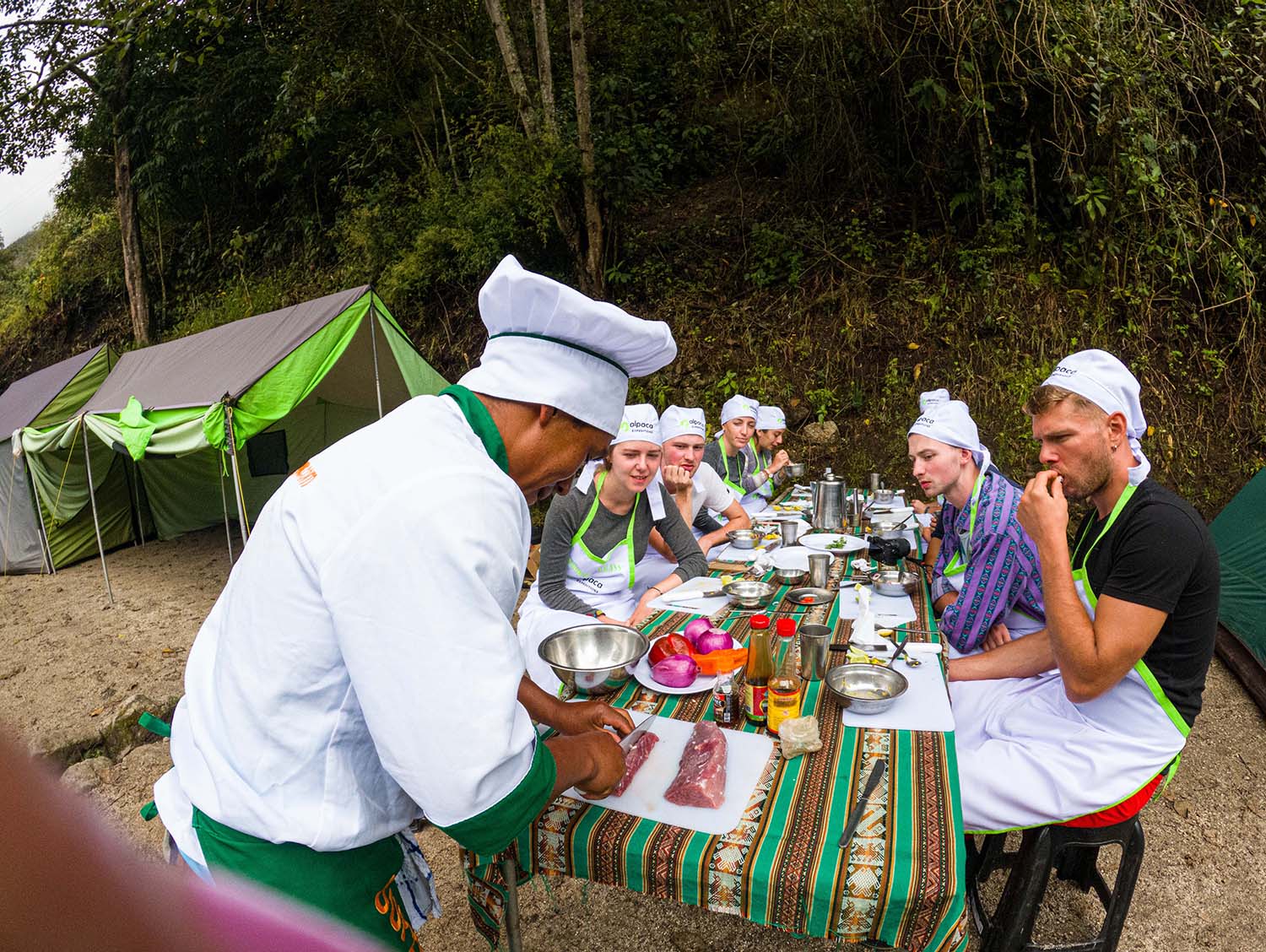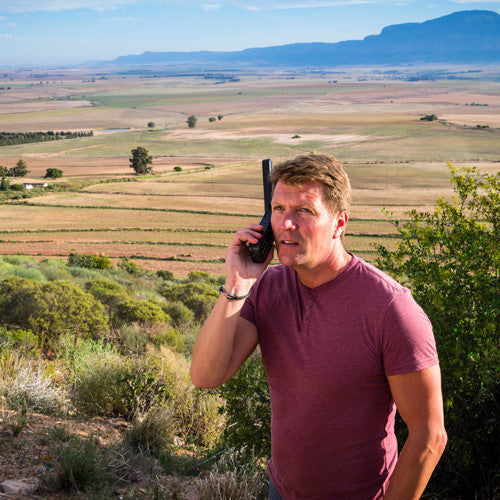The Inca Trail & Its Porters
The Inca Trail is regulated by the Ministry of Culture in an attempt to protect the trail and its archaeological sites and paths. This trail not only requires permits for anyone wishing to hike it, but it also requires assistance crews of porters, most commonly known as the Inca Trail porters. Any agency operating the Inca Trail must assign a specific number of Inca Trail porters to each hiking team in order to be allowed to enter the trail.
The Inca Trail porters are responsible for carrying all the required equipment, from tents and travelers´ personal belongings to food and portable toilets. These men and women porters are in charge of setting up campsites, cooking for hikers and guides, dismantling campsites, and carrying hiker´s allowed weight of personal items while on the trail. All of this arduous work is done using their backs to carry, on foot, and at great speeds. Needless to say, hiking the Inca Trail to Machu Picchu would be impossible without the aid of porters. Even more so when considering the Inca Trail hike difficulty resulting from steep stone steps, narrow stone paths, and changes in elevation.
Not too long ago, the work of porters on the Inca Trail was greatly undervalued. Most travel agencies and tour operators did not consider the porters´ health and welfare, which in turn resulted in inhumane working conditions and unsafe practices. This was all changed when the Ministry of Culture and Peruvian law intervened and stipulated set (and mandatory) weight limits for carrying, minimum wages, and occupational health and safety standards for the porters.
Another grim reality of the Inca Trail porters is their unfulfilled dream of visiting Machu Picchu. Despite working on the Inca Trail, many porters never get the opportunity to visit Machu Picchu. This results from the logistics of the trail itself, in which porters leave their groups in the morning of day 4 of their Inca Trail to Machu Picchu 4 days hike to return to the town of Aguas Calientes or back home. Most porters do not return to the town of Aguas Calientes or Machu Picchu in their time off, as transportation and entry fees to the site are often out of budget.
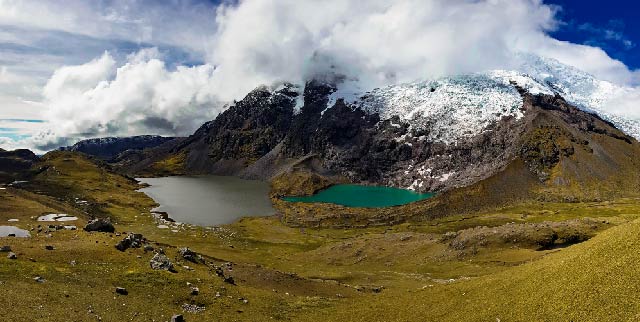

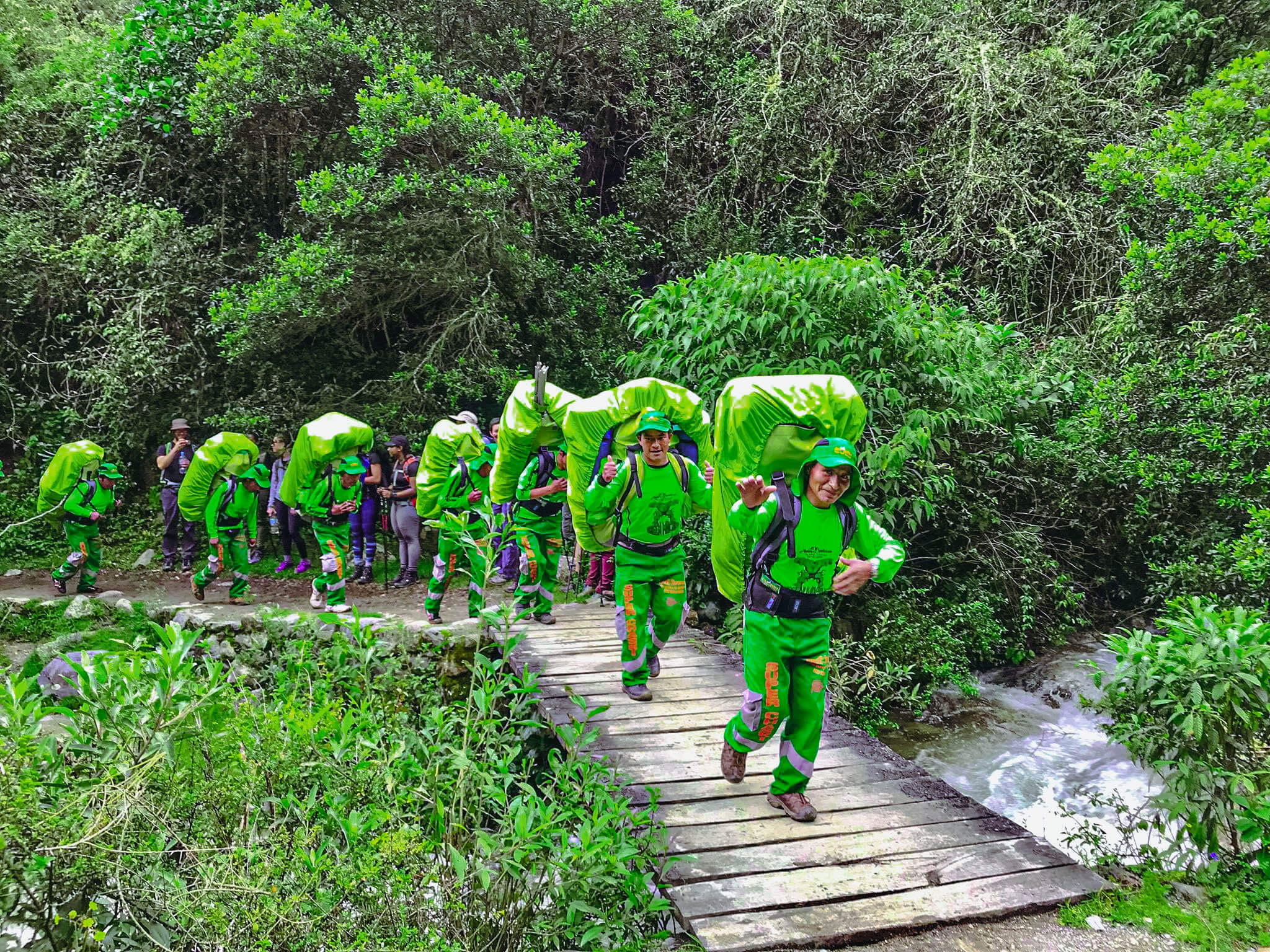
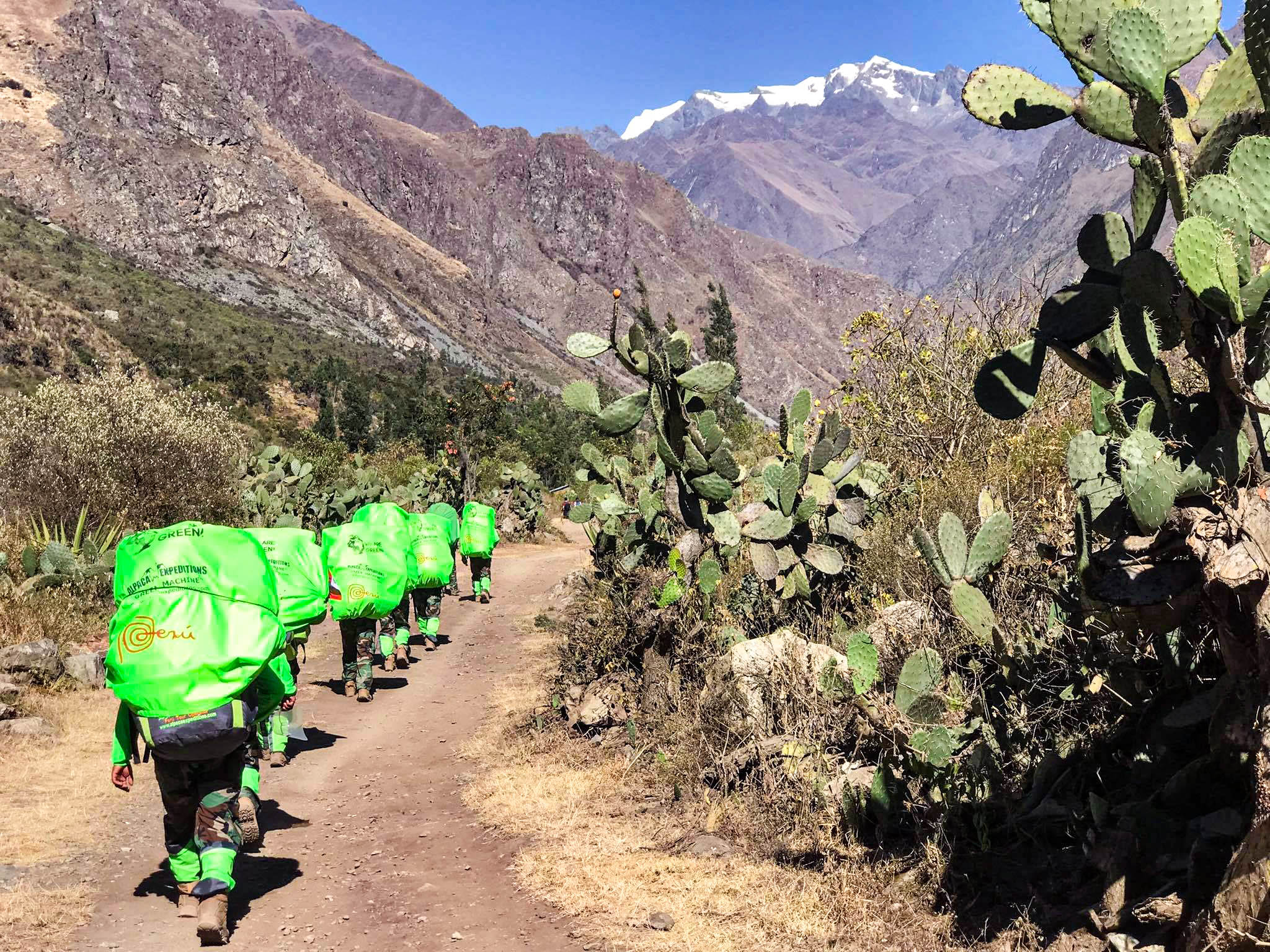
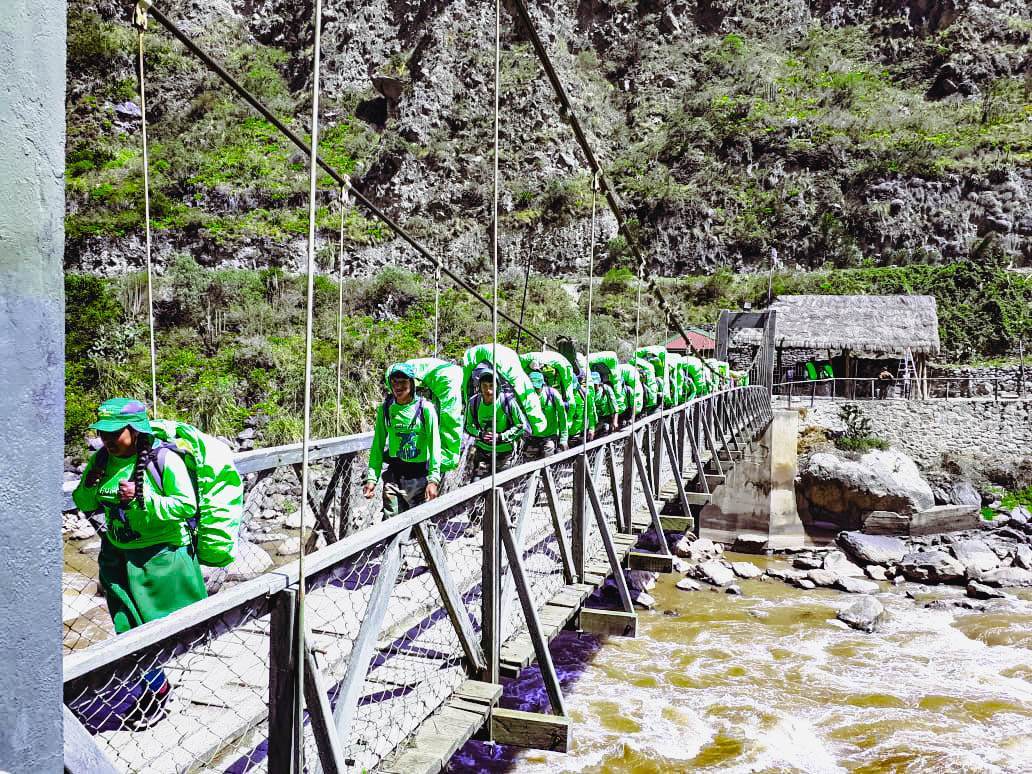
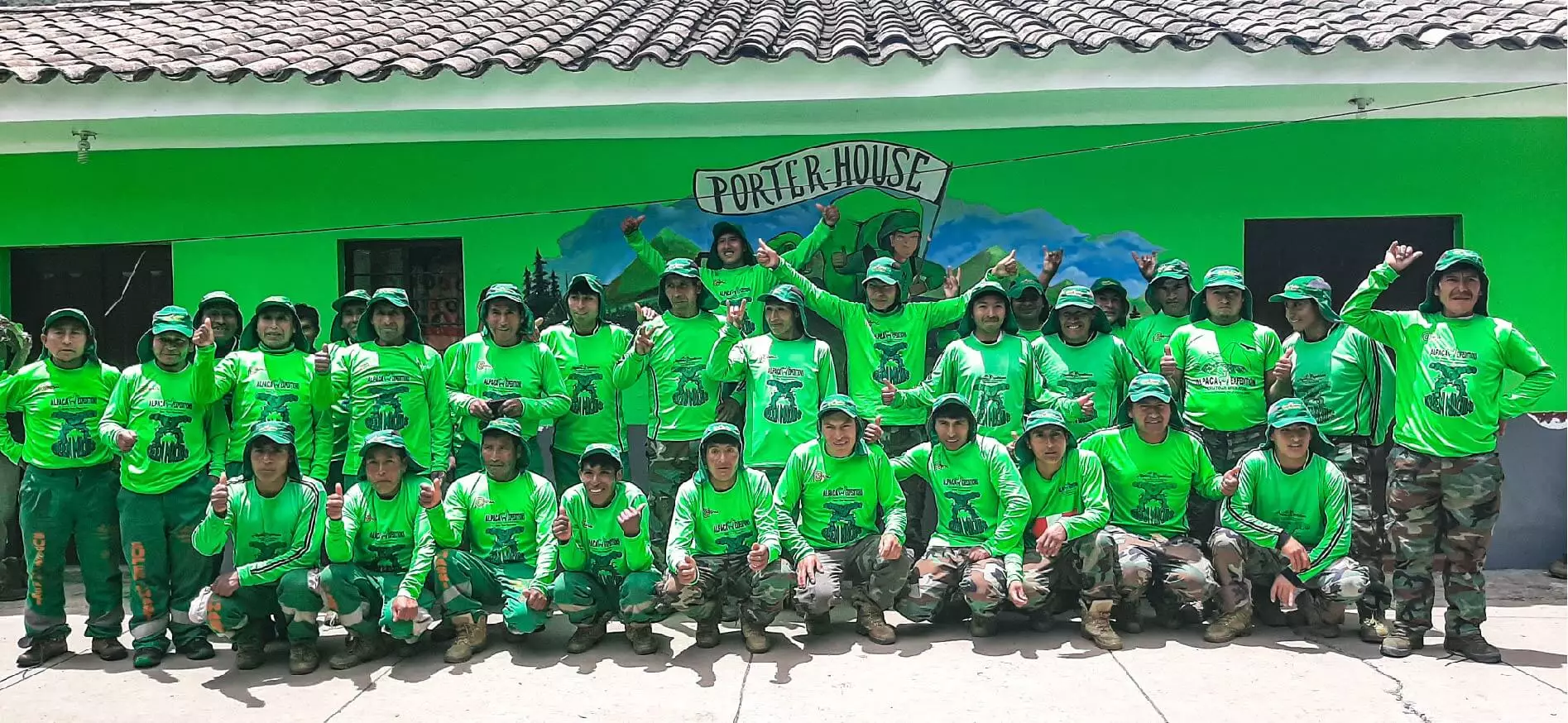
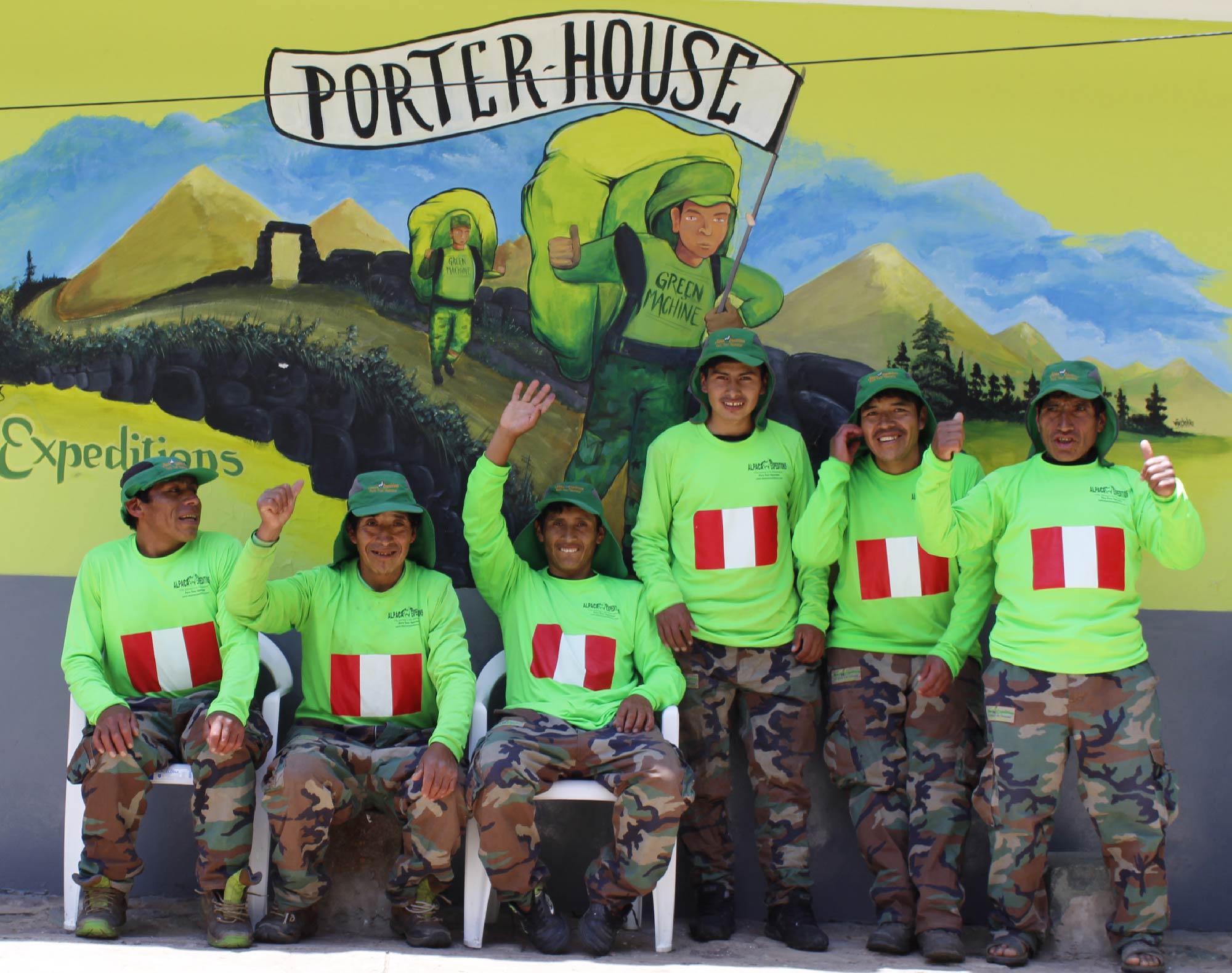
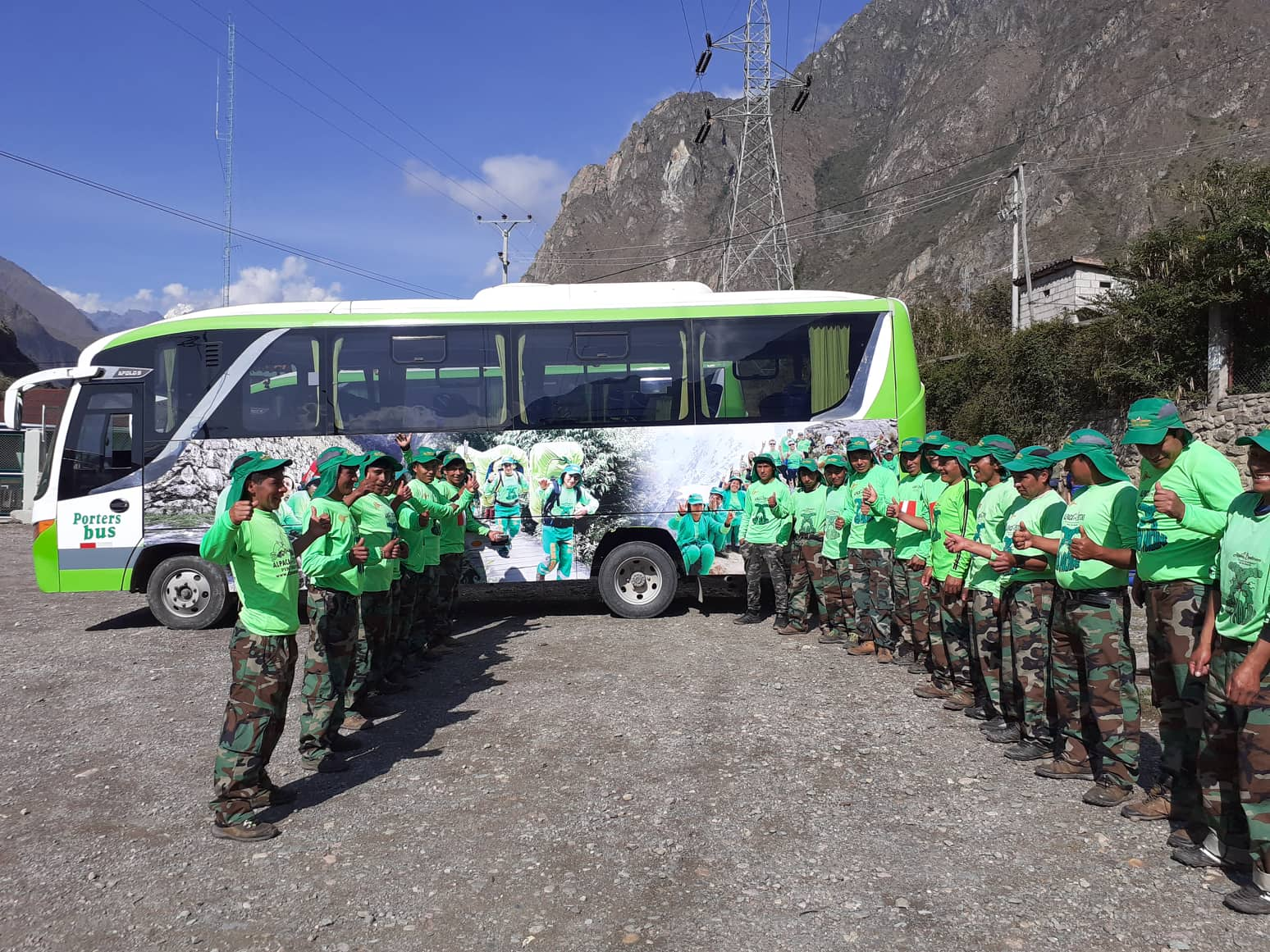
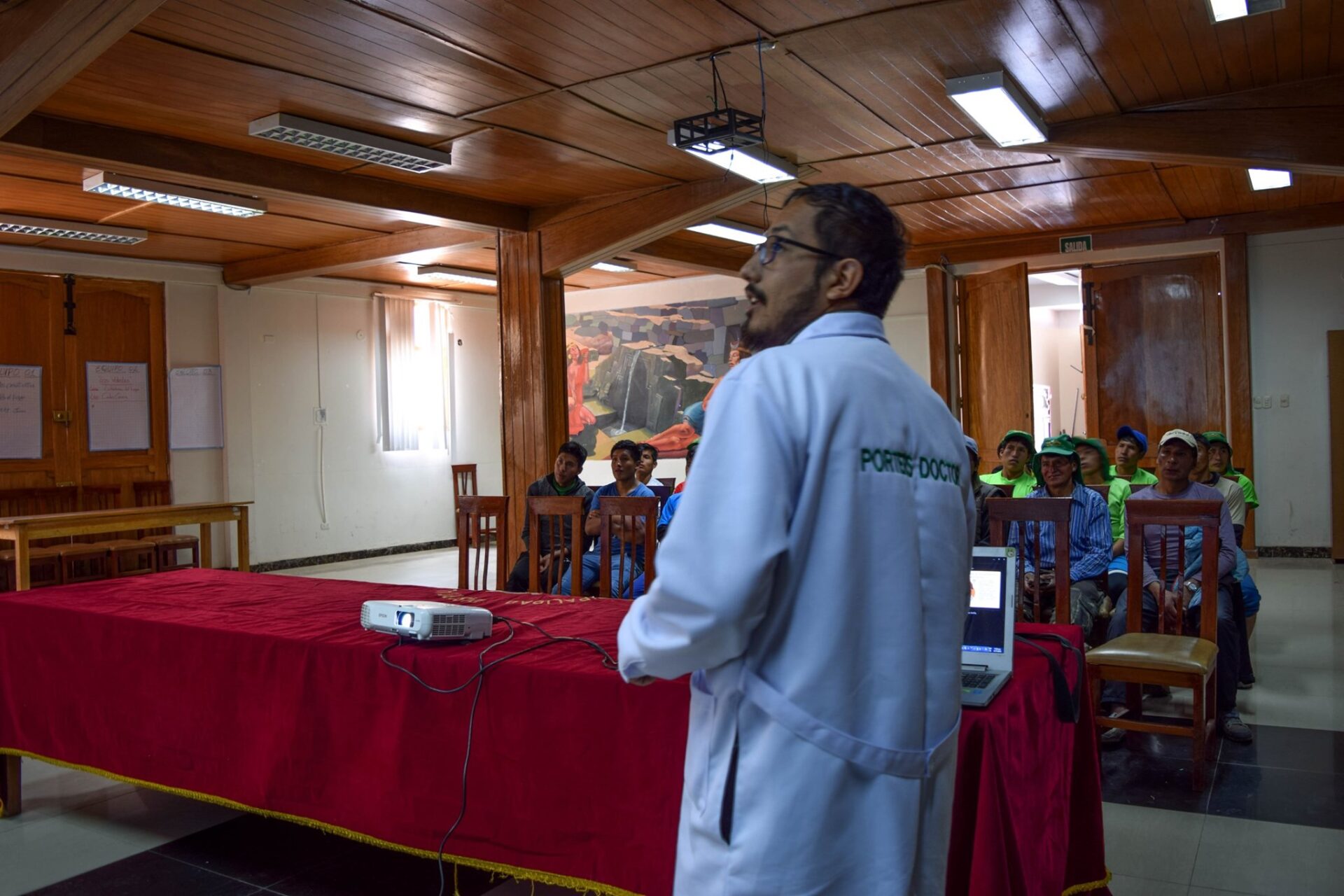
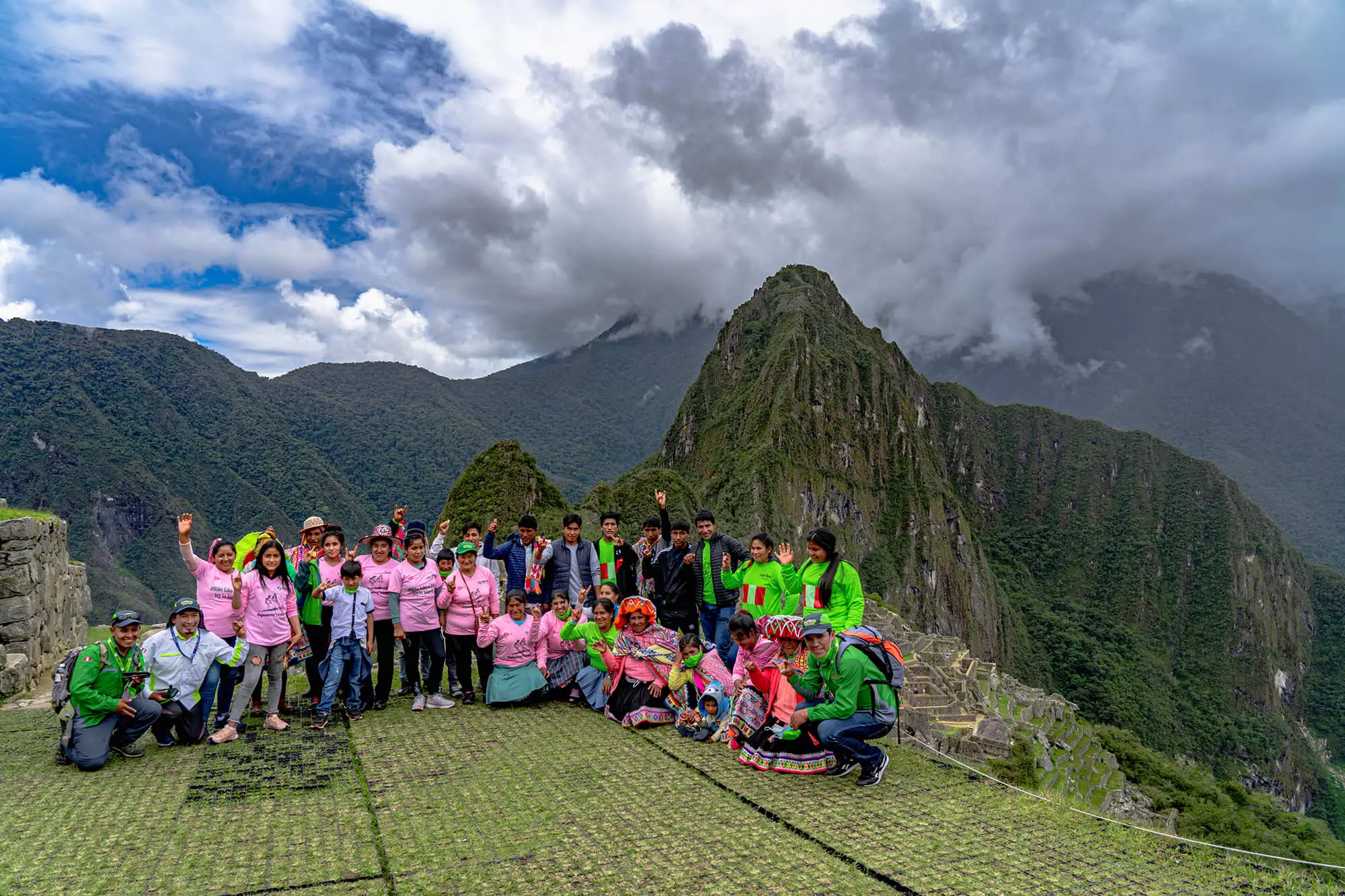
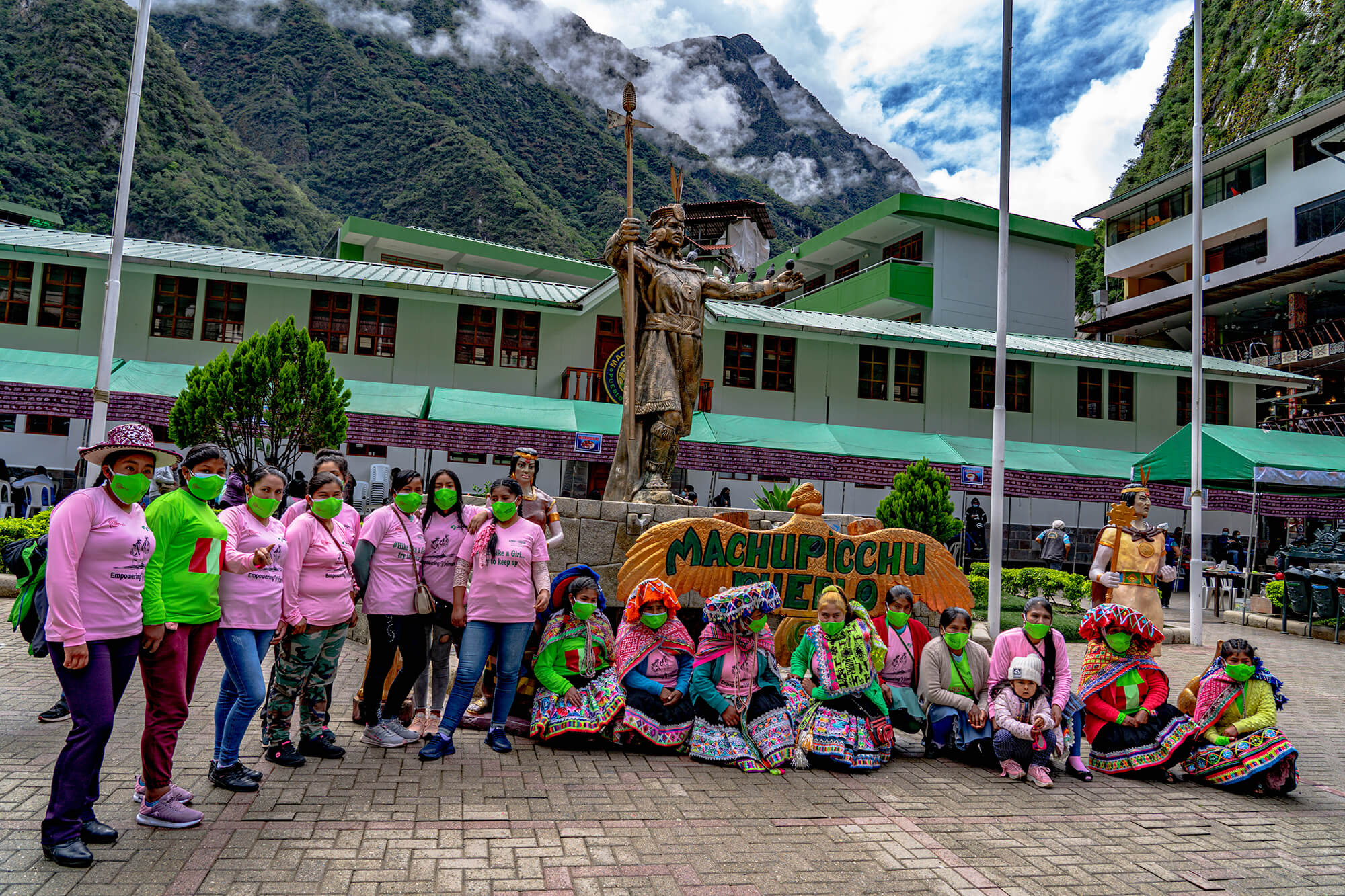
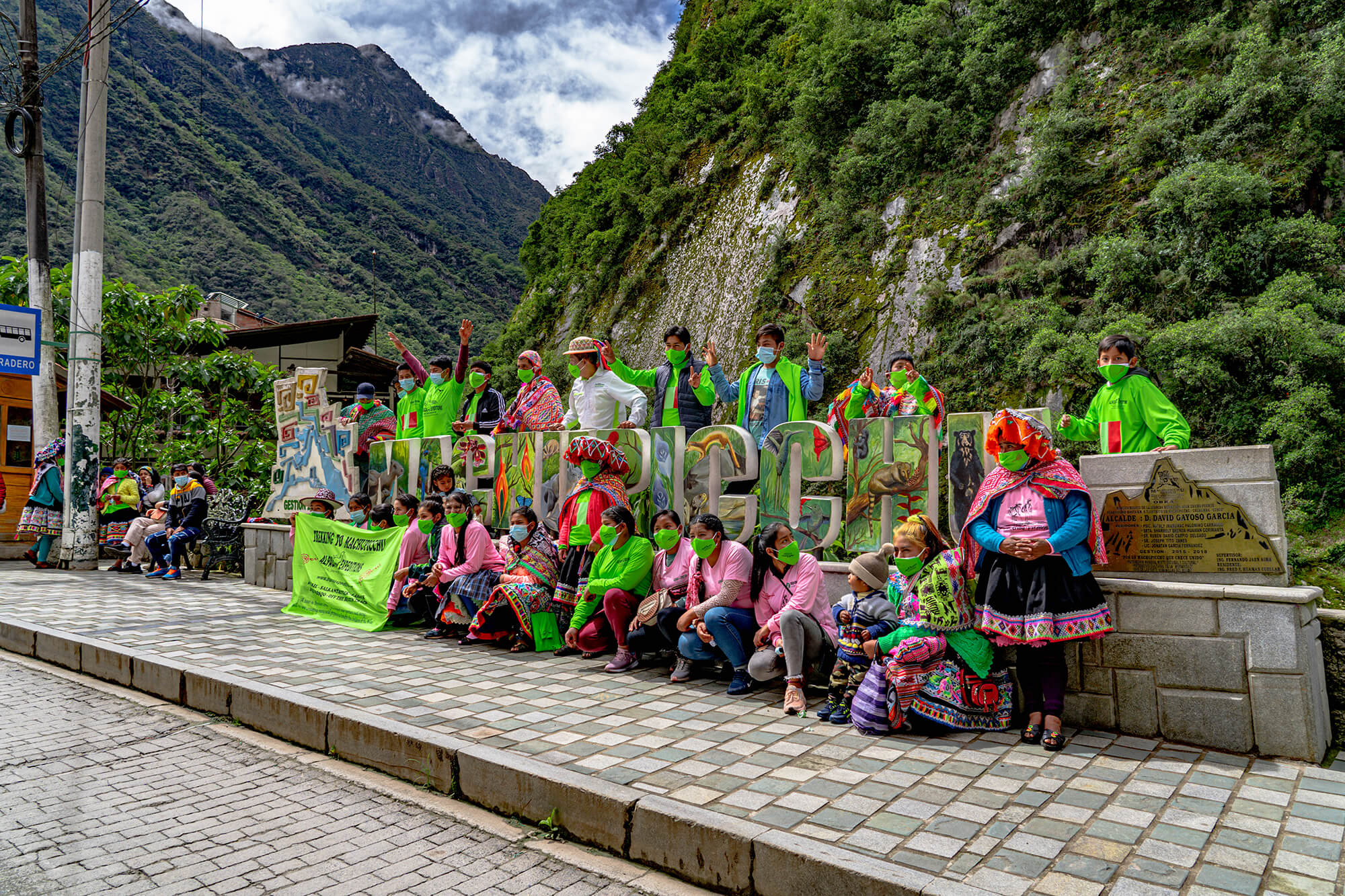
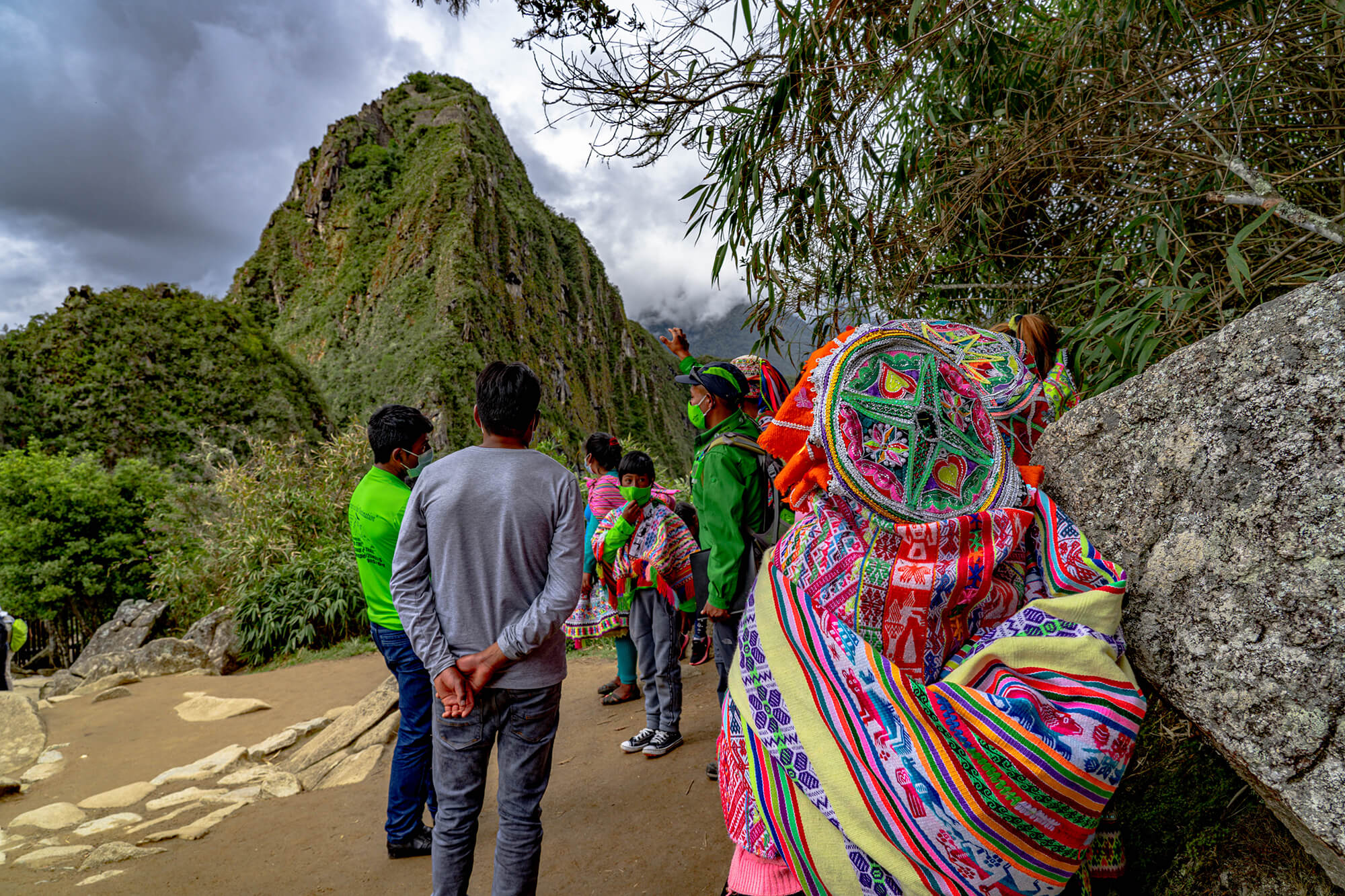





















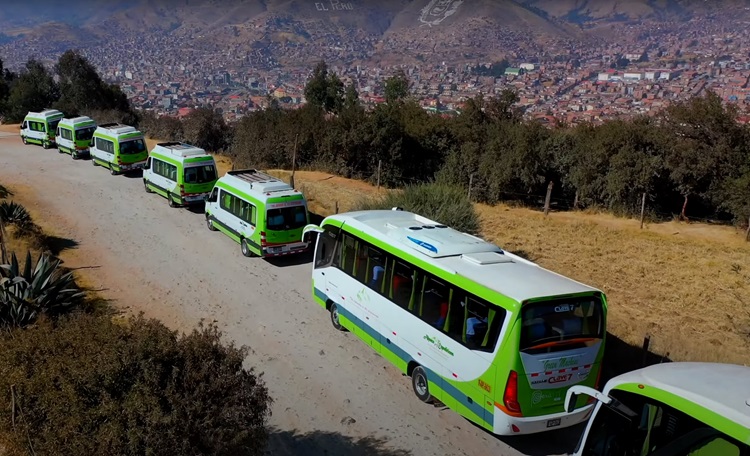
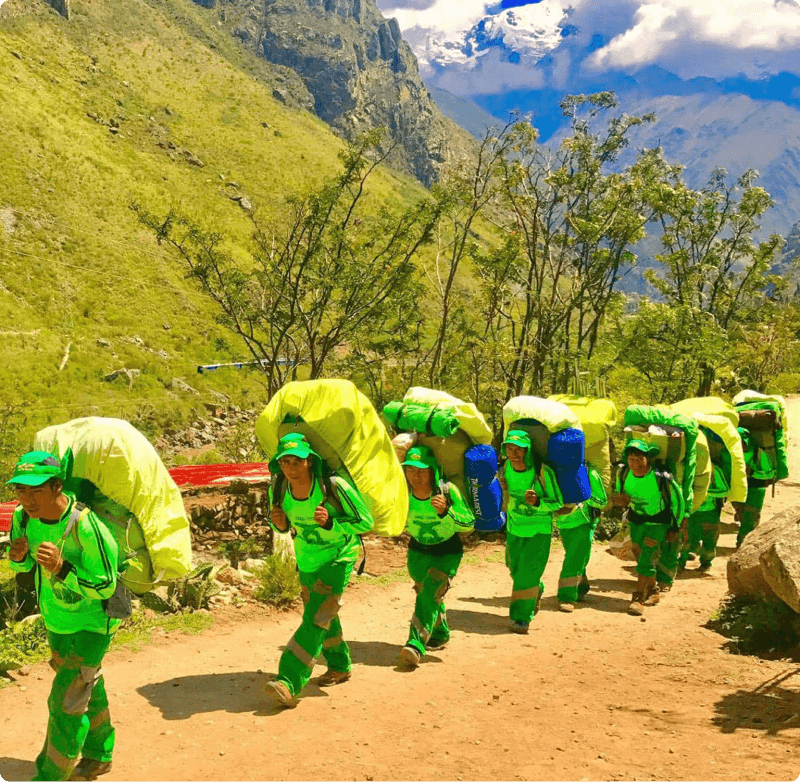 Porters will carry up to 7 kg of your personal items, which must include your sleeping bag and air mat (if you bring or rent one). From us, these two items weigh a combined total of 3.5 kg.
Porters will carry up to 7 kg of your personal items, which must include your sleeping bag and air mat (if you bring or rent one). From us, these two items weigh a combined total of 3.5 kg.